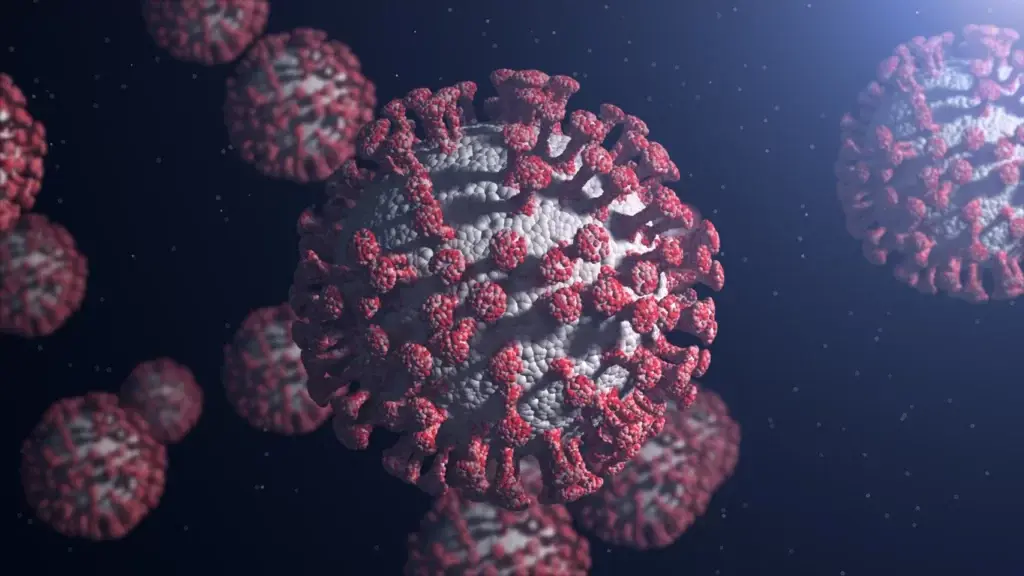COVID-19 origin motivates policy five years after the pandemic

Nearly five years since the COVID-19 pandemic began, and political leaders are still searching for answers to how the novel coronavirus originated in the hopes of preventing the next global public health crisis.
Twenty-one days after the World Health Organization was first notified by Chinese officials of several cases of pneumonia with an unknown cause in the city of Wuhan, the first case of COVID-19 was confirmed in the United States by the Centers for Disease Control and Prevention.
The virus would go on to take nearly 7 million lives worldwide over the next three years, including 1.2 million Americans, the most of any single country.
Rep. Brad Wenstrup (R-OH), who has led the House Select Subcommittee on the Coronavirus Pandemic investigation into the origins of the virus, said it is “incredibly disappointing” that we still do not know definitively how SARS-CoV-2 came to be.
“The biggest disappointment that I take away from all that I’ve learned is the disappointment of human behavior, and you can’t legislate that away,” Wenstrup told the Washington Examiner. “China had a cover-up. Our government had a cover-up. International scientists had a cover-up, some with the same motives, some with different motives.”
The subcommittee’s nearly 600-page final report, published in December, found on a bipartisan basis that the possibility that the virus emerged as a laboratory accident at the Wuhan Institute of Virology, instead of at the seafood market as initially postulated in 2020, is not a conspiracy theory.
And although the subcommittee found evidence of U.S.-funded, possibly dangerous genetic manipulation of viruses at the Wuhan lab, it was unable to find incontrovertible proof that this experimentation sparked the pandemic.
Sen. Rand Paul (R-KY) intends to pick up where Wenstrup left off, using his new leadership position at the Senate Homeland Security and Governmental Affairs Committee to delve deeper into the nature of the experiments done at the Wuhan lab.
Paul, who has spearheaded the Senate investigations into the origins of the pandemic, proposed in June the Risky Research Review Act, which would create a permanent committee within the Department of Health and Human Services to review gain-of-function research projects to determine their level of biosafety before receiving federal funding.
Gain-of-function research involves the genetic manipulation of a pathogen by giving it new capabilities to cause different symptoms or making it more infectious to humans.
There was a brief federal ban on gain-of-function research from 2014 to 2017 out of fear the practice could create a public health crisis. Although an oversight committee was established to review safety protocols for U.S.-funded gain-of-function projects, the committee was not used to review the U.S.-funded research conducted at the Wuhan lab.
Paul’s bill advanced out of committee with bipartisan support in September, but Paul told the Washington Examiner that he anticipates most of the recommendations in the legislation will be taken up by President-elect Donald Trump’s incoming administration even if the bill does not pass.
“I’m really excited about the people that the incoming president has nominated at [the National Institutes of Health], [Food and Drug Administration, and] CDC,” Paul said. “A lot of the things I care a lot about and in trying to prevent another pandemic, a lot of those agencies are now going to be housed by people who I think are some of the best really available.”
Richard Ebright, professor of chemical biology at Rutgers University and longtime advocate of improving biosafety in the field of dangerous pathogen research, told the Washington Examiner that he thinks there is still a great desire publicly to continue investigations into the origins of COVID-19 and fundamentally transform U.S.-funded research to prevent this type of disaster in the future.
“The moment the information releases begin and the conclusions about those information releases are made and accountability starts, the American people will have a strong appetite for the disclosures, the conclusions, and the accountability,” Ebright said.
Ebright, who has been called by Paul as a witness to testify about pathogen research before the Senate, predicts that Trump’s nominee for HHS secretary, Robert F. Kennedy Jr., will announce a suspension of gain-of-function research early in 2025.
Wenstrup said that rebuilding trust in public health, and trust in government health officials in particular, is absolutely necessary.
“We can only move at the speed of trust,” Wenstrup said. “And so I think trust has to be developed, and that determines the timeline.”
CLICK HERE TO READ MORE FROM THE WASHINGTON EXAMINER
Paul was hopeful that Trump, Kennedy, and other health nominees would “set this right” when it comes to rebuilding trust in science and in government.
“I think you’re going to find truth, honesty, scientific integrity is going to be a big deal, and it’s the only way you get more people to believe in some of the things that are good for them that the government talks about,” Paul said. “But in order to do that, the government’s got to quit being a shill for Big Pharma and start telling the truth.”


